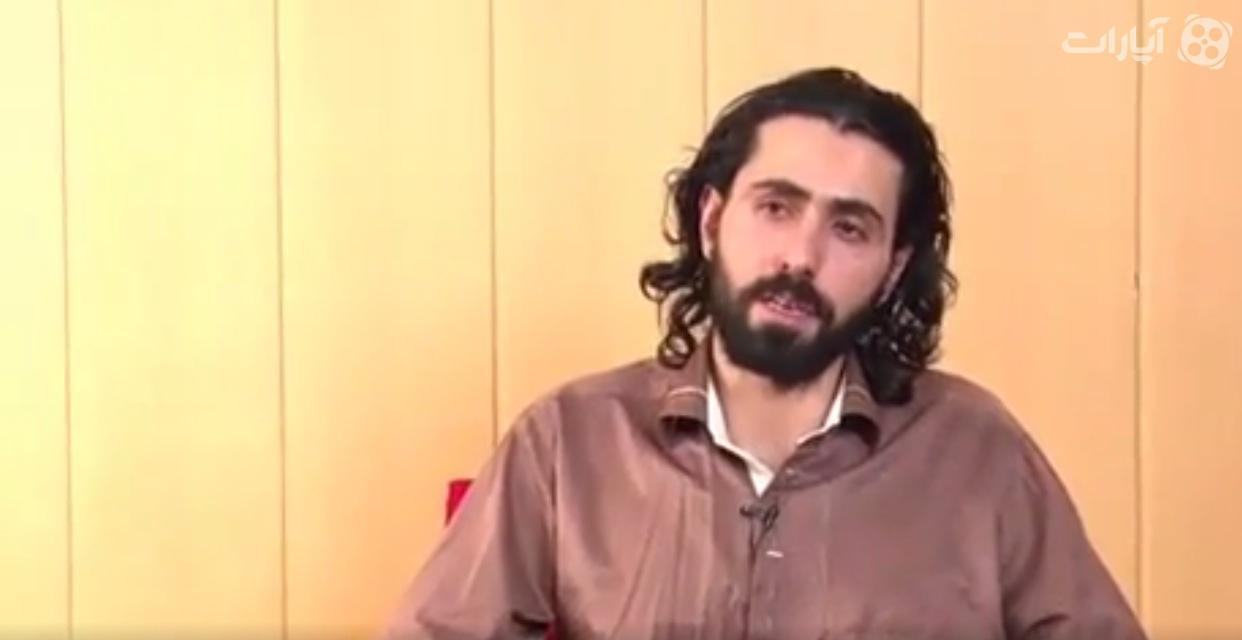Iran 'broadcasting forced confessions to justify mass executions' to public, rights group claims
'Sensationalist' videos featuring unrelated footage of Isis attacks made and circulated by Iranian media criticised by anti-death penalty activists

Your support helps us to tell the story
From reproductive rights to climate change to Big Tech, The Independent is on the ground when the story is developing. Whether it's investigating the financials of Elon Musk's pro-Trump PAC or producing our latest documentary, 'The A Word', which shines a light on the American women fighting for reproductive rights, we know how important it is to parse out the facts from the messaging.
At such a critical moment in US history, we need reporters on the ground. Your donation allows us to keep sending journalists to speak to both sides of the story.
The Independent is trusted by Americans across the entire political spectrum. And unlike many other quality news outlets, we choose not to lock Americans out of our reporting and analysis with paywalls. We believe quality journalism should be available to everyone, paid for by those who can afford it.
Your support makes all the difference.Amnesty International has condemned what it says is a new practice in Iran of broadcasting ‘confession’ videos, most notably used to justify the mass execution of 25 people earlier this year.
The hangings of between 20 - 25 Sunni men accused of carrying out terrorist attacks in the western Kurdish region in August was one of the largest mass executions ever carried out in the country, and was the subject of renewed criticism when it emerged that the men’s families and lawyers were not notified before they were killed.
However, a new report from the rights group says that videos featuring “coerced confessions” coupled with foreboding music and unrelated footage of attacks carried out in Syria and Iraq by Sunni extremists Isis, have been circulated in the Iranian media in the wake of the mens’ deaths.
The clips, produced by and widely disseminated by Iranian state media, are apparently intended to both justify the executions and exploit fears of Sunni extremism in the Shiite majority country, Amnesty says, using sensationalist titles such as “In the Depth of Darkness” and “In the Devil’s Hands.”
In the videos the men confess to being members of the illegal Sunni extremist group Tohid and Jihad. There are several inconsistencies, Wednesday’s report said, such as prisoners admitting to crimes committed after they had already been sent to prison, or contradicting accounts of planned attacks and assassinations.
The men describe themselves as “terrorists” and “criminals deserving of punishment,” saying that if given the chance they would have “committed atrocities worse than Isis if we had not been stopped.”
“By parading death row prisoners on national TV, the authorities are blatantly attempting to convince the public of their ‘guilt,’ but they cannot mask the disturbing truth that the executed men were convicted of vague and broadly defined offenses and sentenced to death after grossly unfair trials,” said Philip Luther, Amnesty International’s research and advocacy director for the Middle East and North Africa.
Human Rights Watch also criticised the new trend. “It seems Iran has joined the region’s propaganda industry, producing slick videos featuring the apparently forced confessions of men they later executed as ‘terrorists,’ Sarah Leah Whitson, the watchdog’s Middle East director, said in reaction to the report.
Iranian media agencies are “implicated” in the “rather macabre and ugly form of abuse,” she added.
Iran has implemented the death penalty for a wide variety of charges since the 1979 Revolution, including drug trafficking and religious offences.
Iranian officials did not immediately respond to The Independent's request for comment.
Join our commenting forum
Join thought-provoking conversations, follow other Independent readers and see their replies
Comments